Swiss alcohol consumption declines
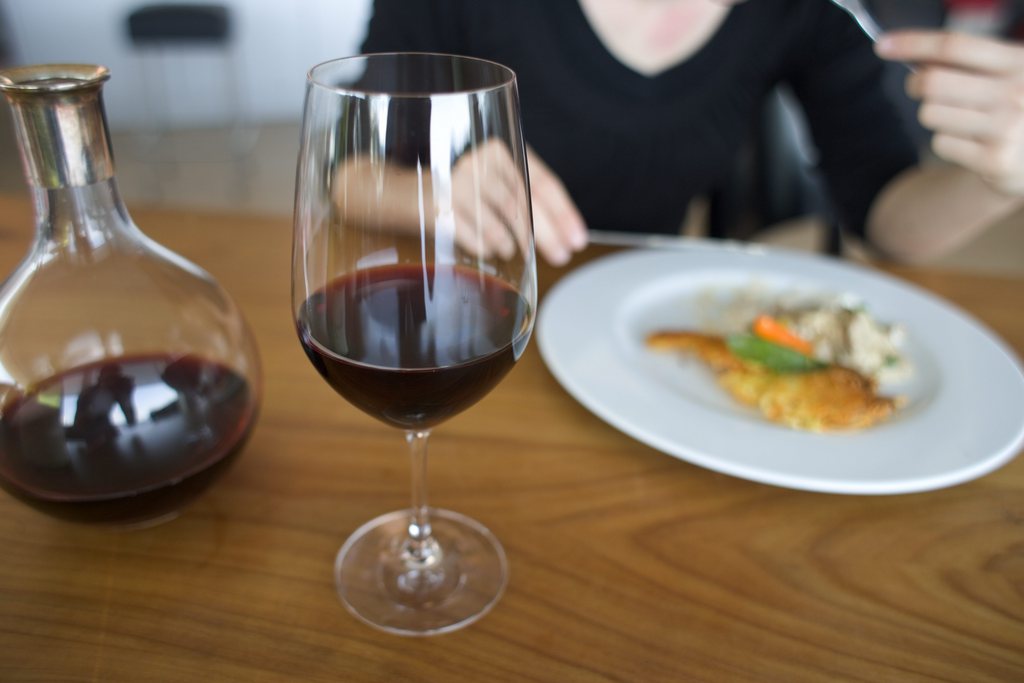
Sales of alcoholic beverages in Switzerland are at their lowest level in about 60 years. However, the authorities caution that it’s not necessarily a sign that abuse is less of a problem than it was in the past.
Various factors may have contributed to the reduction in alcohol sales, according to Nicolas Rion of the Alcohol Board.
“One hypothesis is that consumers as well as sellers tend to focus more on quality than quantity, which means that they import better, more expensive wines,” Rion told swissinfo.ch. He also mentioned that 2012 hadn’t been such a good year for the local grape harvest – resulting in less incentive to buy Swiss wine.
However, he noted that some consumers might be stocking up on wine abroad or importing it themselves. The same could be true of other alcoholic beverages.
The Coop supermarket chain told swissinfo.ch that its wine and beer sales had been developing well. Discount retailer Denner also reported good volume.
“Denner has increased its sales in the current year, indicating that it is easily gaining market share,” spokeswoman Paloma Martino told swissinfo.ch. “And we’ve noticed a trend towards quality over quantity.”
Yet the Wine Industry Association of German-speaking Switzerland has noticed that young people in that part of the country aren’t so keen on wine.
“It’s common for young people to order a meat dish for CHF40 ($43), but then drink a Coca Cola with it instead of wine,” association head Robin Haug told 20 Minuten, a Swiss commuter newspaper. However, he said that sweet wine was becoming quite popular with young people who found traditional varieties too sour or bitter.
In 2012 consumption of pure alcohol per person was 8.4 litres, compared with 8.5 litres the previous year. It was as high as about 11 litres per person per year in the ’80s.
The figure includes beer, wine and spirits sold in shops as well as in bars and restaurants. It doesn’t account for alcohol purchased outside of Switzerland and brought home.
A slump in wine sales accounted for most of the overall decline. In 2012, the Swiss population consumed 36 litres of wine per person – one litre less than in 2011. Beer drinkers cut back as well, bringing the average down from 57 to 56.5 litres per person per year. Knocked back at a rate of 3.9 litres per capita annually, there was no change in terms of spirits.
Source: Swiss Alcohol Board
Liquid lunch
Rion also pointed out that people’s habits had changed, perhaps because of anti-abuse campaigns on the dangers of drinking too much. Increased pressure to perform in the workplace could also be a factor.
“Decades ago it was rather common that people would drink a glass or two of wine at lunch on a workday; nowadays, that’s not the case,” Rion said.
And during leisure time, the 2005 drop in the legal level of blood alcohol content likely affected the behaviour of drivers in Switzerland – and possibly their passengers as well if ordering a glass rather than a bottle.
Gabriela Scherer of the Federal Office of Public Health believes people have become more health-conscious as well.
“People want to be healthy – they’ve started to realise that drinking bigger amounts can pose a danger to their health,” Scherer told swissinfo.ch.
Meanwhile, some people don’t drink at all. According to Addiction Monitoring in Switzerland, about ten per cent of people here over 15 are teetotallers; another ten per cent imbibe every day.
“It’s interesting for everybody to compare themselves: Am I drinking more or less than the average citizen? Because everybody is different, it’s very delicate for agents in the prevention sector to advise people as to what is normal or safe,” noted Rion.
Still problematic
Scherer says that while it’s good news that the consumption figures have gone down, it doesn’t mean that there are no more problems.
“Alcohol consumption in Switzerland is still high and we still have a lot of health and social problems that are caused by alcohol abuse,” Scherer told swissinfo.ch, noting that Swiss consumption was about average in comparison with other European countries. “But Europe has the highest alcohol consumption worldwide – it’s much lower in other parts of the world.”
Scherer estimates that some 20 per cent of the people consume 70 per cent of the alcohol in Switzerland.
“That means there’s a certain number of people who have a very problematic drinking pattern,” Scherer said. According to Scherer, there are about 1,600 alcohol-related deaths in Switzerland each year. Some are the result of booze-fuelled accidents, while others are caused by the long-term effects of alcoholism – such as liver problems.
Addiction Monitoring in Switzerland says there are about 250,000 alcoholics in Switzerland – or three per cent of the population. In addition, nearly 20 per cent engage in binge drinking (4-5 drinks in a sitting) at least once a month.

In compliance with the JTI standards
More: SWI swissinfo.ch certified by the Journalism Trust Initiative

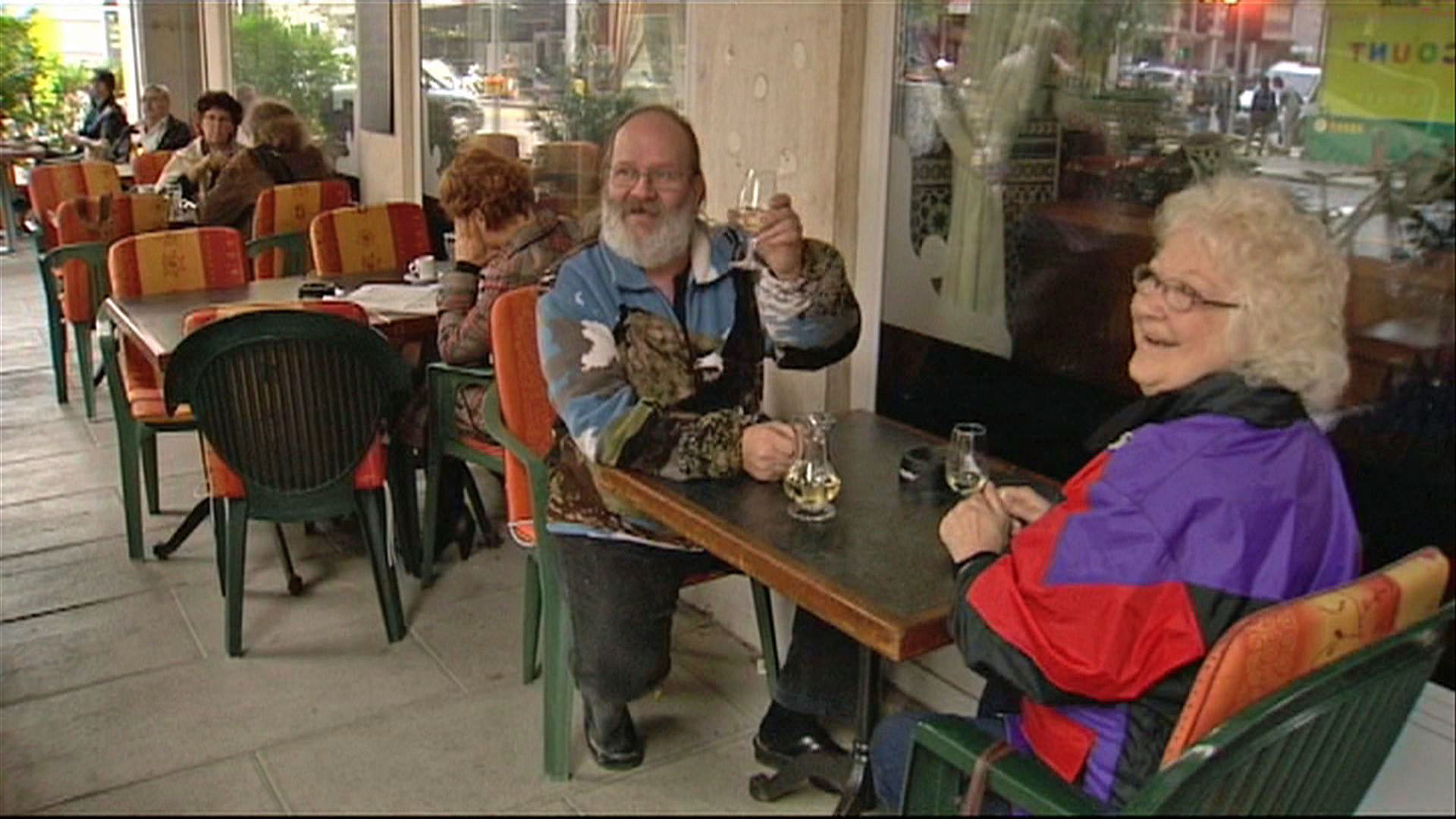
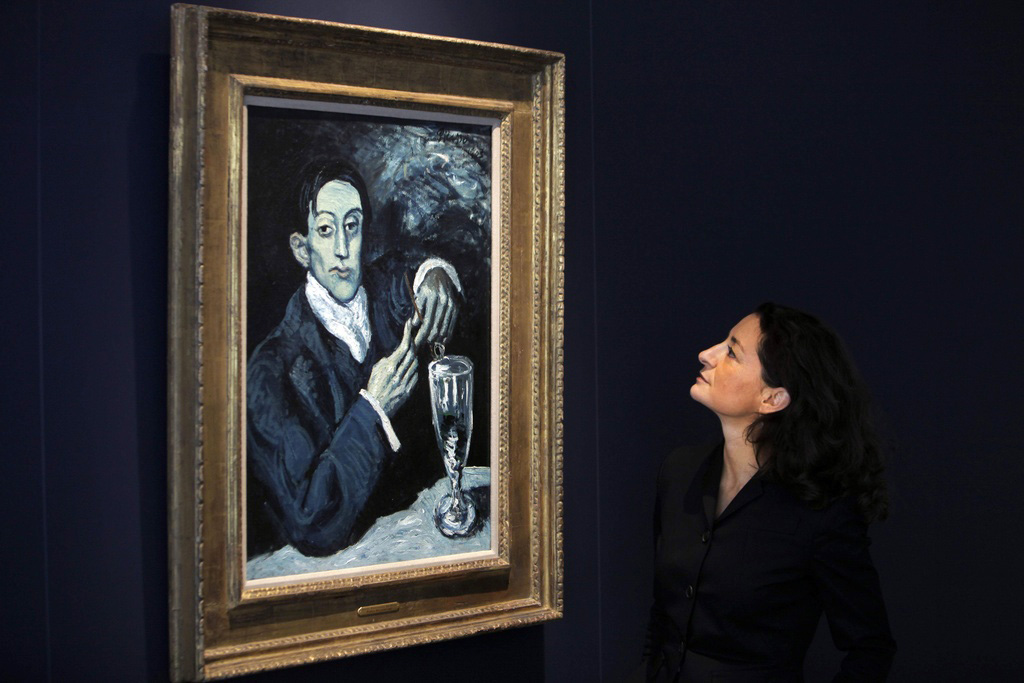
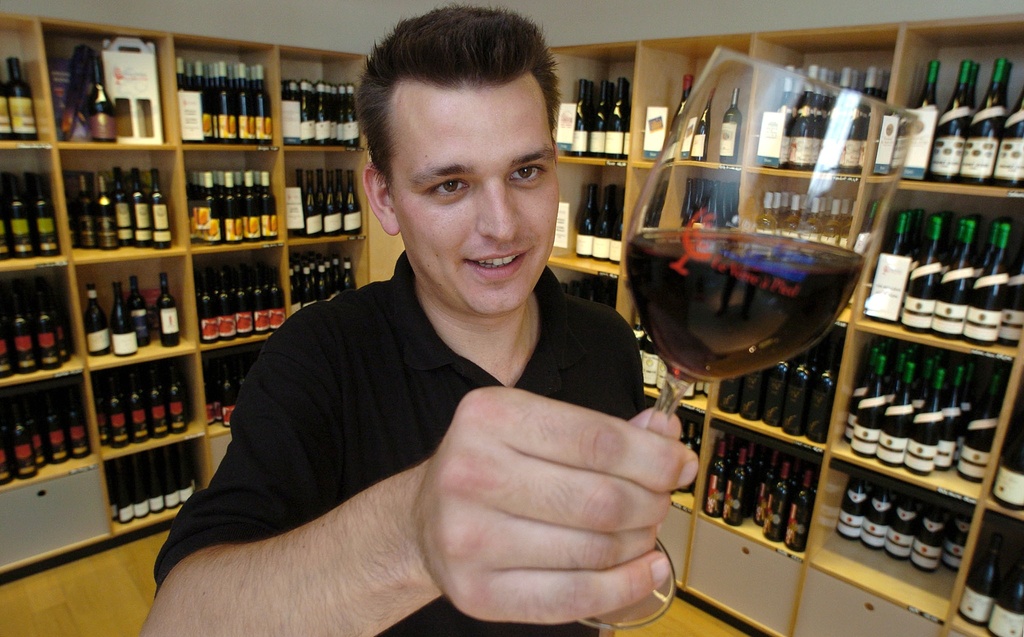
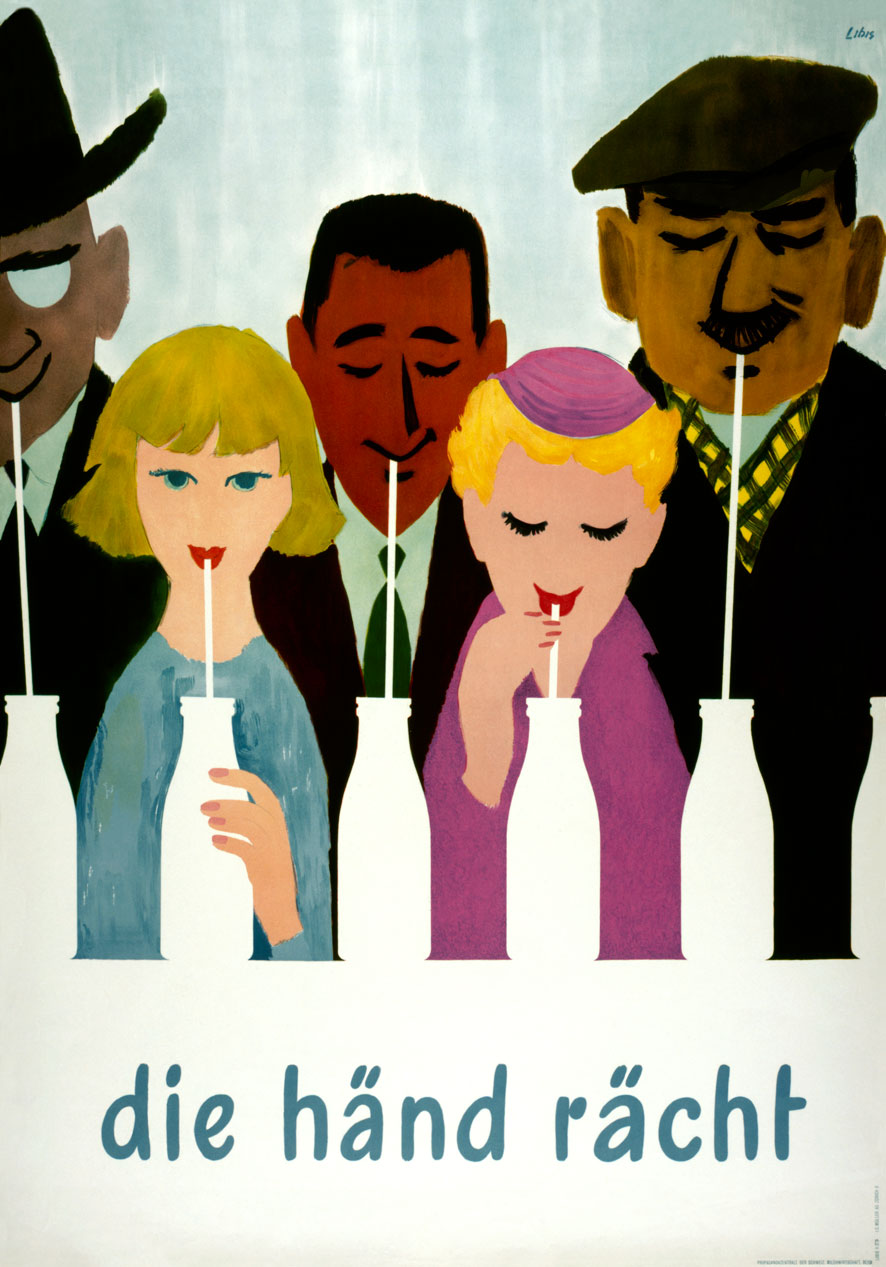
You can find an overview of ongoing debates with our journalists here. Please join us!
If you want to start a conversation about a topic raised in this article or want to report factual errors, email us at english@swissinfo.ch.